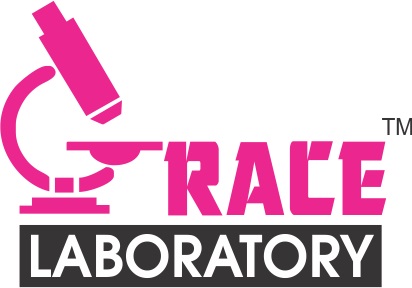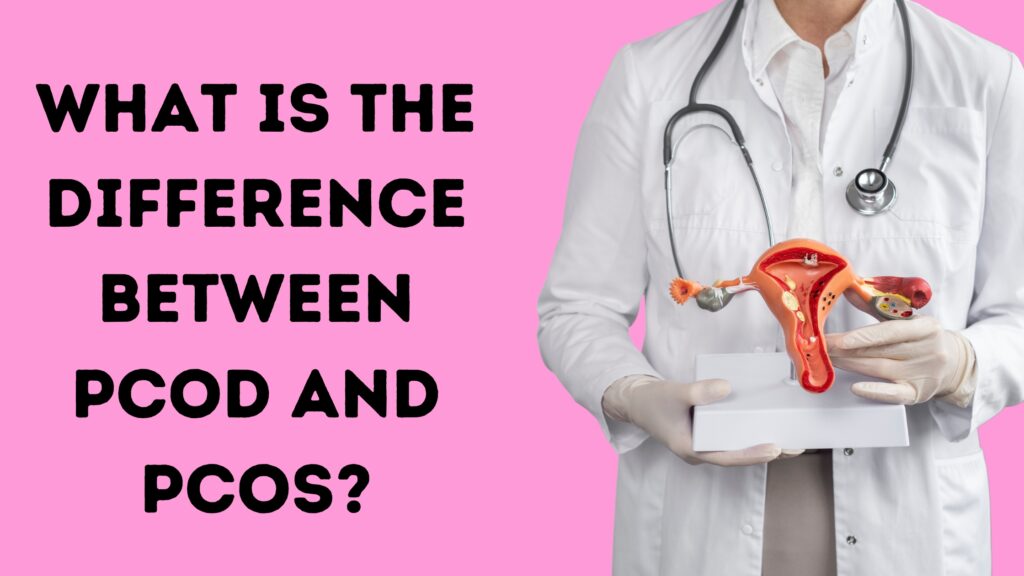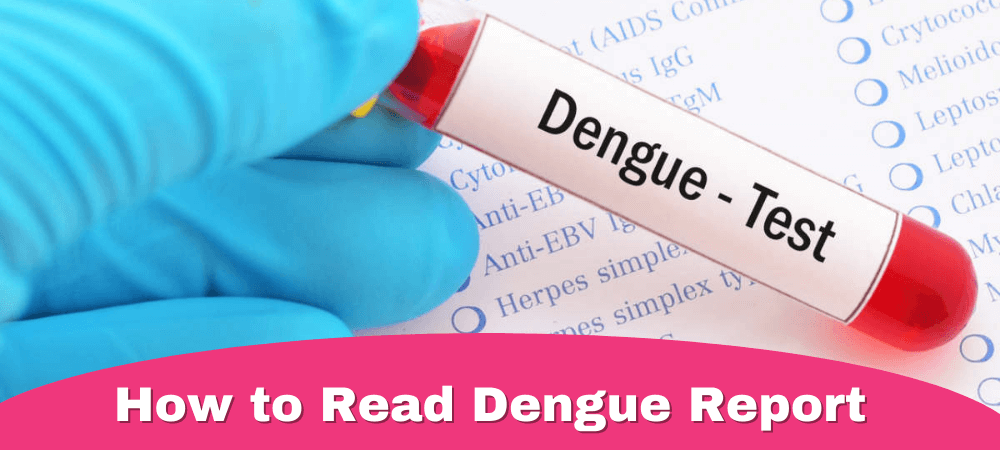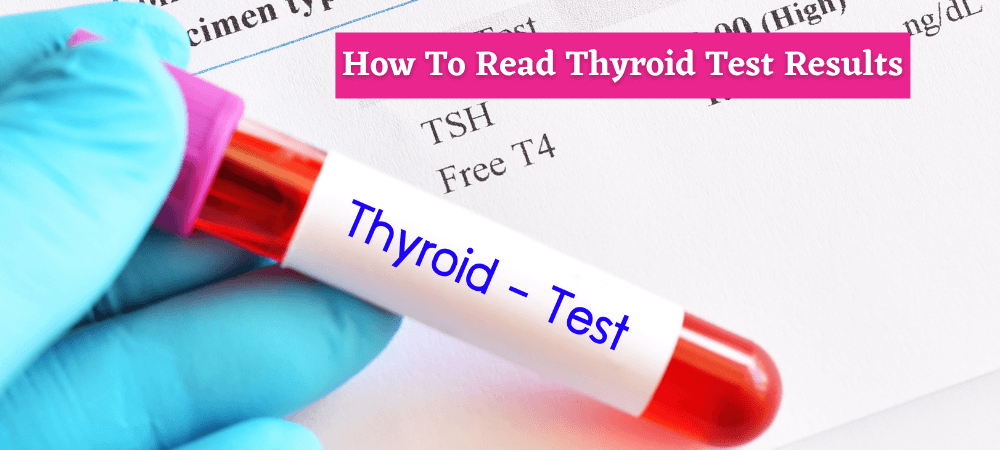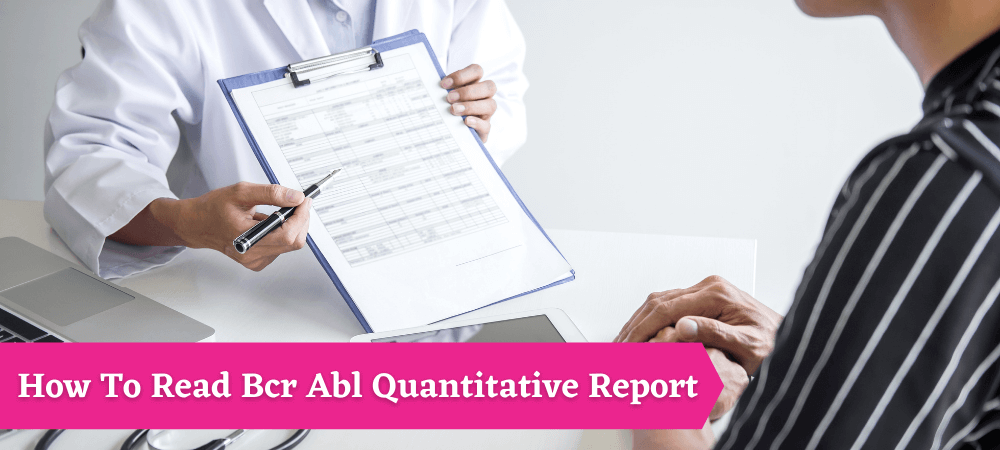Introduction
PCOD is Polycystic Ovary Disorder and PCOS is a Polycystic Ovary Syndrome. Many people who want to understand both conditions may get confused because of their common hormonal conditions. The both conditions PCOD and PCOS have some similarities, but they are not interchangeable, and it is important to differentiate between them in order to ensure accurate detection, management, and treatment. In this blog, you can understand the clear difference between PCOD and PCOS.
Now let’s understand What the PCOD problem?
PCOD is a long-standing medical term for a condition where several cysts grow on the ovaries. A cust is a small sac filled with fluid that develops on the ovaries and can disrupt menstruation. The reproductive system is mainly affected by PCOD, and its symptoms include:
- Irregular periods or missed menstrual cycles.
- Malfunction of the ovaries, which can cause menopause.
- Increased levels of testosterone and androgens, which are masculine hormones.
- Acne and excessive body or facial hair.
- Increasing weight or obesity.
It’s important to realize that ovarian cysts are not the only factor in the identification of PCOD. hormonal imbalances and medical symptoms play a crucial role in the identification.
What is the PCOS problem?
There are many symptoms and potential health effects associated with PCOS, making it a more comprehensive and modern term. PCOS is classified as a metabolic and endocrine disease, meaning it affects a woman’s overall health as well as her reproductive system. At least two of the following three symptoms match the clinical criteria for PCOS.
- Irregular menstrual cycles or anovulatory failure.
- Signs of hyperandrogenism can be medical or biochemical, like increased hair growth or high hormonal levels.
- Polycystic ovaries are seen through ultrasonography, which reveals several small follicles or cysts on the ovaries.
Let’s talk about the Signs and symptoms of PCOD and PCOS.
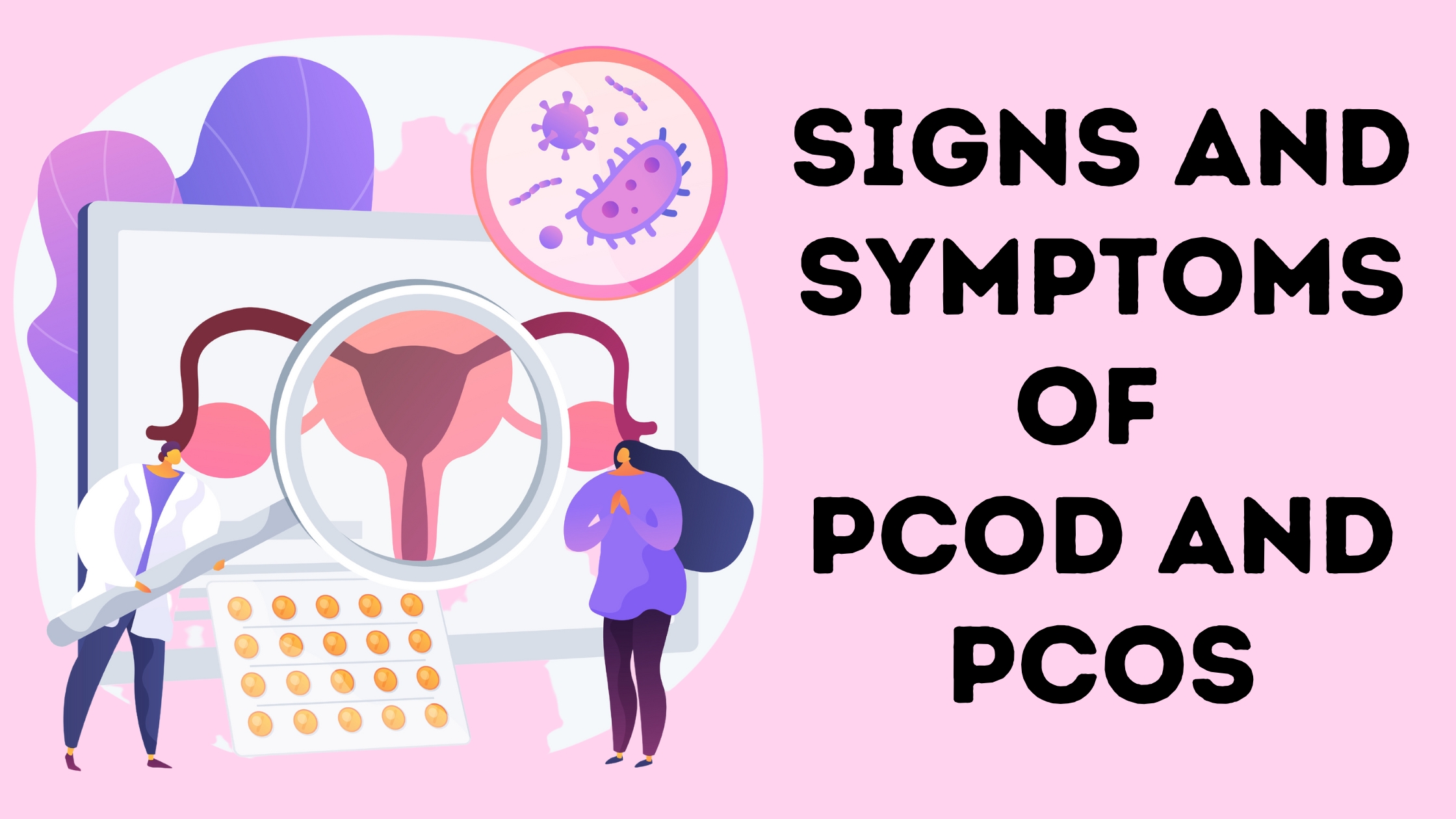
Signs and symptoms of PCOD
- Irregular Periods: Women who have PCOD, frequently have irregular periods, which indicates that the time and flow of their periods may be unpredictable in terms of timing and flow.
- Hormonal Disease: PCOD is associated with ovulatory dysfunction, which can interfere with fertility.
- Hyperandrogenism: PCOD can lead to symptoms like acne, increased facial or body hair, and male pattern baldness due to elevated androgen levels.
- Polycystic Ovaries: PCOD is characterized by multiple small cysts on the ovaries, as the name suggests.
Signs and symptoms of PCOS
- Irregular Periods: PCOS causes irregular menstrual cycles, which can result in irregular periods (oligomenorrhea) or even no periods (menopause). It is possible for some individuals to experience heavy or prolonged bleeding during their menstrual cycle.
- Excess Hair Growth: Increased hormonal levels, such as the hormone testosterone. It can cause more hair to grow on the face, chest, back, and other areas where men generally have more hair.
- Skin Changes: due to diabetes, areas like the neck, underarms, or thighs might develop darkening and thickness of the skin, a condition called nigricans.
- Weight Gain: Most women with PCOS have trouble controlling their weight, which makes losing weight difficult. The midsection is the most common area to gain weight.
- Emotional Syndromes: Women who suffer from PCOS may experience anxiety, depression, or mood swings which may be related to hormonal changes and the condition’s effects on their overall health.

It’s crucial to understand that each person will experience these symptoms differently, both in terms of their intensity and combination. Not all women with PCOD or PCOS will experience every symptom, and some may have mild or atypical presentations.
In addition, both conditions can have long-term health consequences beyond fertility and reproductive health, emphasizing the importance of early detection and treatment.
It’s important to consult with the doctor for the correct diagnosis and individualized treatment plan if you believe you may have PCOD or PCOS based on these indications and symptoms. Early intervention can lessen associated health risks and assist in managing the illness.
Conclusion
It is important to understand that PCOD (Polycystic Ovarian Disease) and PCOS (Polycystic Ovarian Syndrome) look similar, but these are not the same condition. One of the main differences between PCOD and PCOS is that PCOD involves ovarian cysts, whereas PCOS involves metabolic and reproductive problems. It is essential to identify these differences to ensure an accurate treatment.
If you observe any alterations in your physical well-being, it’s advisable to undergo a blood test as a precautionary measure. Detecting potential health issues in advance allows for more effective treatment, so consult with your healthcare provider promptly.
